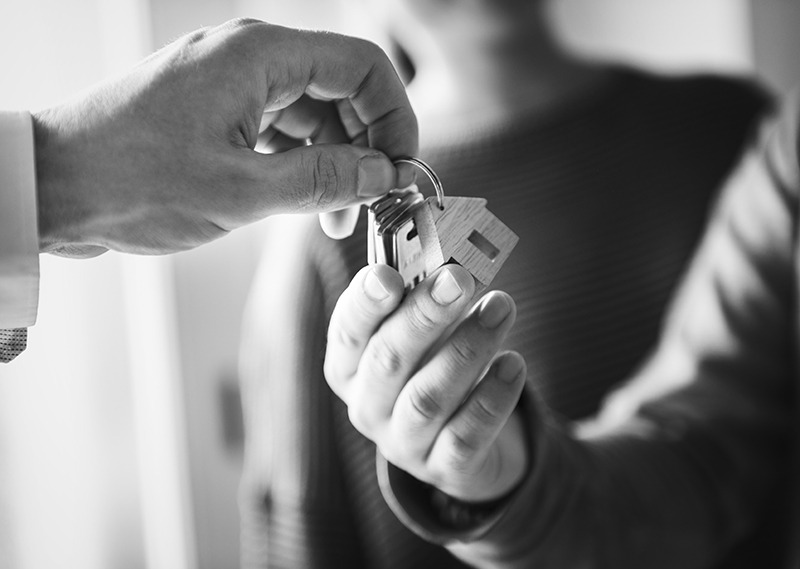For many people, their home is the biggest asset they own, often encumbered by a mortgage and holding sentimental value. This situation poses challenging decisions for heirs when the homeowner passes away.
Unlike credit card debt and some other types of consumer debt, mortgage debt is secured by the mortgaged property. If the debt is not satisfied, the lender can take possession of the property. When you inherit a house with a mortgage, you have options. Let’s explore available options.
Considerations When You Inherit a House with a Mortgage
The crucial decision upon inheriting a mortgaged house revolves around whether to keep or sell it. Factors such as your relationship with the deceased, the property's market value, and the mortgage details play a crucial role in this decision-making process.
If you were living with the deceased person, selling the house means losing your own home, so you might have a strong desire to keep it. If you are the decedent’s adult child living in a different city with no intention of moving back, selling might be the logical choice.
Considerations when deciding whether to sell or keep an inherited house include:
- Are you the sole heir, or did you inherit the house jointly?
- If there are other heirs, do they agree on whether to sell or keep the house?
- Can the heirs who want to keep the house afford to “buy out” the interests of those who do not?
- What is the amount of the mortgage on the house? Are there other debts, such as unpaid property tax?
- What type of mortgage is on the house, traditional or reverse?
- What are the specific terms of the mortgage on the inherited house?
It’s not uncommon for heirs to decide to sell when inheriting a house with a mortgage, because it’s not practical or desirable for them to live in the home. If the house has a traditional mortgage, you can sell it, pay off the mortgage, and keep the remaining proceeds of the sale.
Inheriting a House with a Reverse Mortgage
If you inherit a house with a reverse mortgage and want to sell, it's crucial to understand the terms of the reverse mortgage before taking action. A reverse mortgage provides funds to the homeowner, often in a monthly payment. Unlike a traditional mortgage, the debt grows over time rather than shrinks.
Notify the lender promptly of the homeowner's death. As long as you abide by the terms and conditions of the reverse mortgage, you should be able to sell the house. As with a traditional mortgage, any proceeds above what is needed to satisfy the mortgage belong to the heirs of the estate. However, heirs are generally not liable for any shortfall in repayment of the reverse mortgage.
Keeping the Inherited House with a Mortgage
If you decide to keep the inherited house, you will need to pay off the mortgage. If you have the funds to pay the remaining balance in full, you can own the house outright. Consider liquidating other inherited assets if available to pay off the house.
If you cannot pay off the mortgage in full, you have other options. One option is to assume the existing mortgage. Assuming a mortgage can be a good choice if the original mortgage had favorable terms.
Some mortgages have a “due on sale” clause, making the entire mortgage balance due before a property transfer. However, a federal law has generally made due on sale clauses inapplicable in the case of a transfer to an heir after a death.
If assuming the existing mortgage is not possible, you may decide to refinance the mortgage in your name, especially if interest rates are lower than when the original mortgage was taken out.
If you inherit a home contact AmeriEstate at (800) 235-0963 to create a living trust and avoid probate court.

